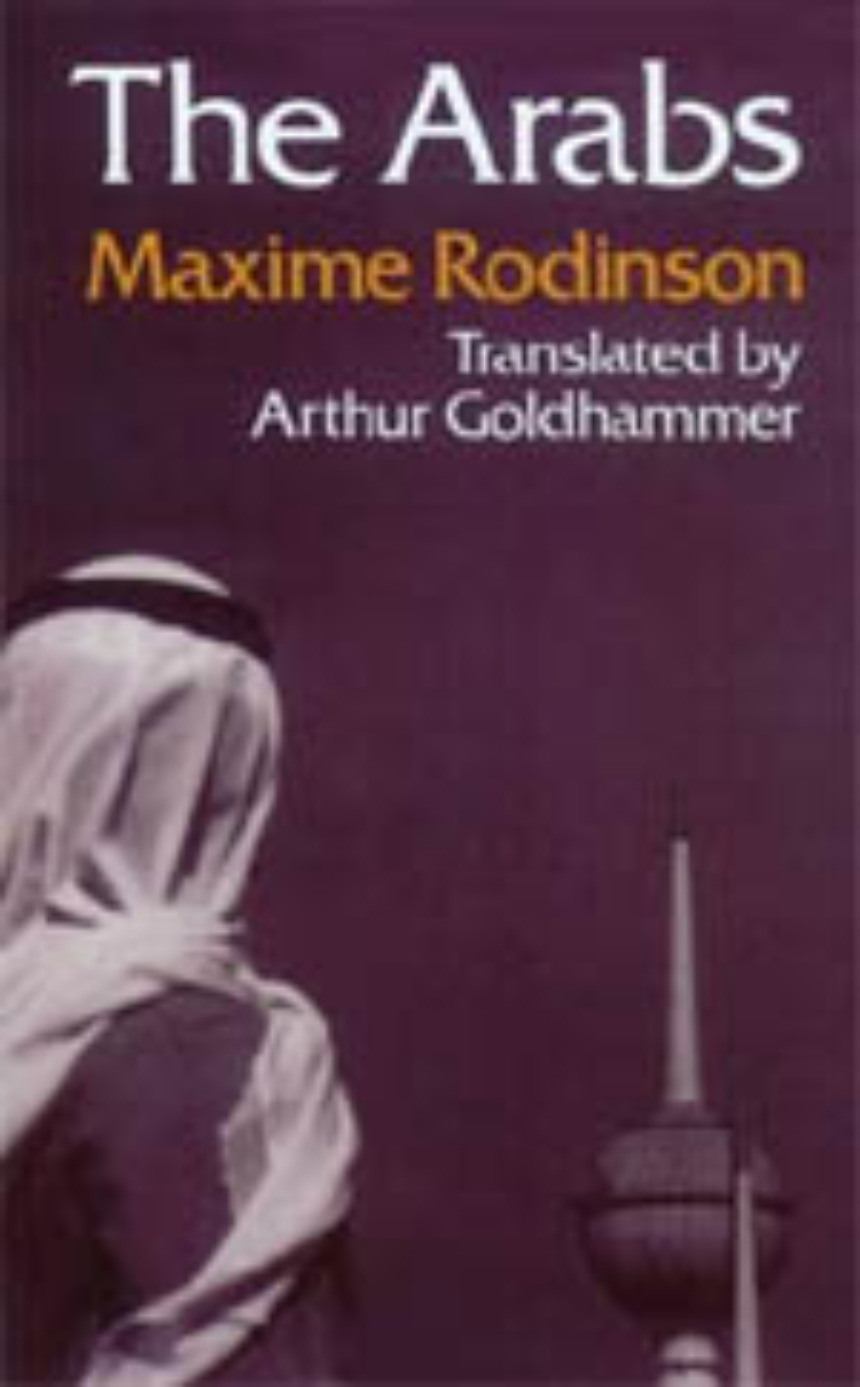 Who are the Arabs? Whoever speaks Arabic. This obvious response ignores both the Arabic-speaking groups who shy away from Arab identity (Berbers, Maltese, Copts, Druze, Jews, Kurds) and non-Arabic speakers who cultivate it (Somalis, Comoro Islanders). Out of this complexity Rodinson produces an amazingly intricate definition. Arabs are those who:
Who are the Arabs? Whoever speaks Arabic. This obvious response ignores both the Arabic-speaking groups who shy away from Arab identity (Berbers, Maltese, Copts, Druze, Jews, Kurds) and non-Arabic speakers who cultivate it (Somalis, Comoro Islanders). Out of this complexity Rodinson produces an amazingly intricate definition. Arabs are those who:
- speak a variant .of Arabic and regard it as their natural language, the language they ought to speak or, if they do not speak it, nevertheless have the same estimation of it;
- regard as their patrimony the history and cultural traits of the people that has called itself and that others have called Arab, for whom one of those cultural traits has been, since the seventh century, belief in the Muslim religion (which is not limited exclusively to this people);
- (what amounts to the same thing) claim Arab identity and possess an awareness of being Arab.
Rodinson's book systematically looks at Arab history, pan-Arabism, future prospects, and common elements among Arabs. The author, a leading authority at the Sorbonne, is knowledgeable and specific. His short book, though it often reads like a reference work – or physics text – contains much of interest. "Arab" probably derives from the Semitic word 'arabah, "steppe"; the earliest inscription in Arabic dates from a.d. 328, on a tombstone of a ruler who called himself "king of all the Arabs"; Maltese is a dialect of Arabic but its speakers, being Catholic, try to forget this fact. Communist parties first put forward the notion of unity among Arabs; according to UNESCO, a quarter of the "brain drain" involves Arabs.
But there is much to criticize. As the definition above shows, the style. is turgid and the translation reads too much like French. Rodinson's biases against Turks, Israel, liberalism, and the West frequently intrude on otherwise restrained prose. More serious, the central question of pan-Arabism is unaccountably neglected – how Arabs came to believe they form a single people and why they want to live under a single government. Arabic speakers never thought of themselves as a people before this century, identifying themselves by family, tribe, village, region, class, or religion, but not by language. Today no other group of sovereign states considers its divisions a moral offense. Though Rodinson traces the history of pan-Arabism, he fails to explain its origins.
Perhaps his adamant Marxism prevents him from appreciating the crucial role of Islam, which calls on its adherents to unite under a single rule and not to fight each other. While hardly ever realized, this ideal has retained a strong hold on Muslims throughout the centuries. Pan-Arabism represents a modernized, secularized. version of this ideal. The urge to unite Arab speakers. draws on the powerful emotions associated with unifying Muslims. Without a discussion of this Islamic element, Rodinson misses the most intriguing aspect of the Arab identity.